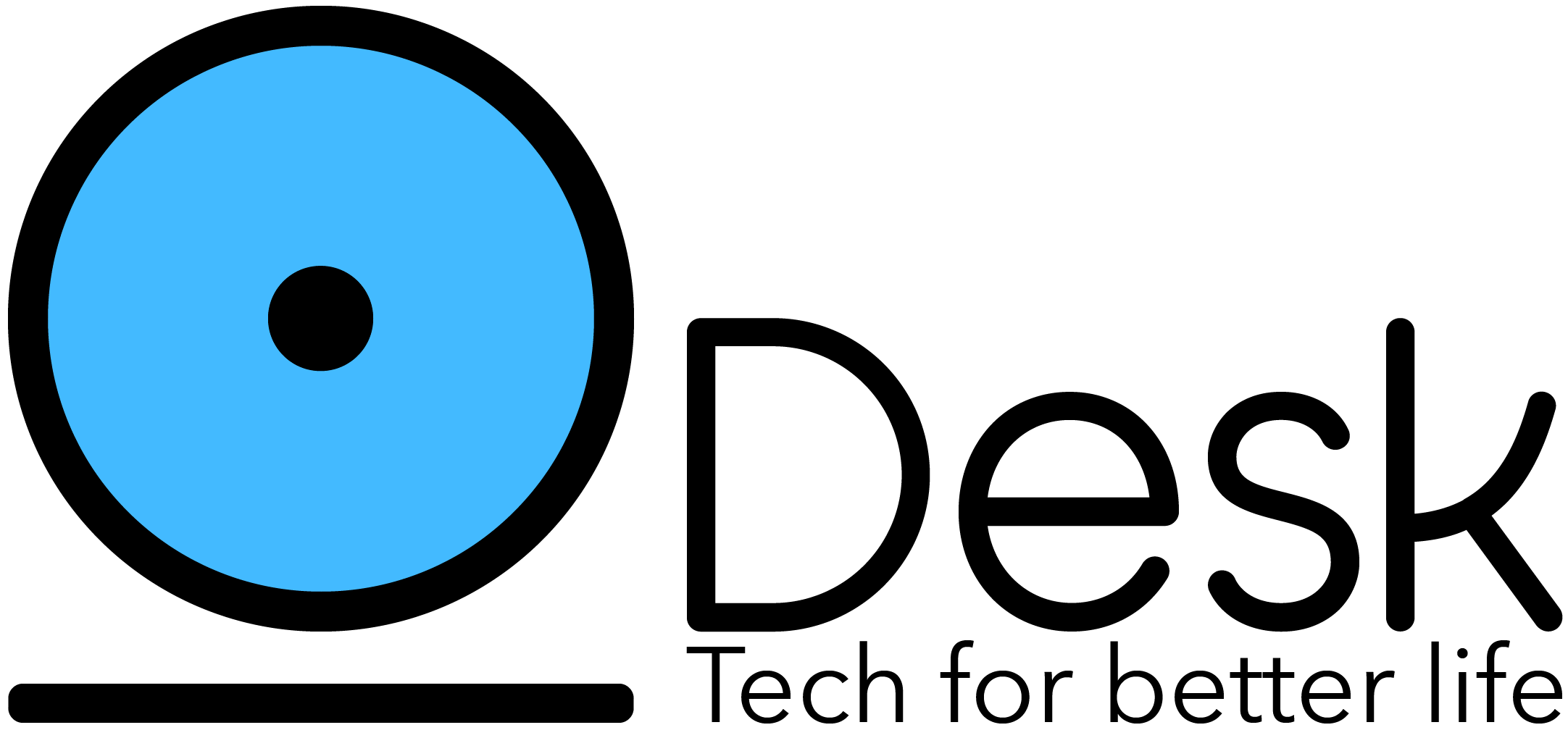The 3 Types of Expenses: Fixed, Periodic, and Variable Pay Rent On Your Own Schedule

For example, a single-shift operation might require only one departmental supervisor, but the operation of a second shift will require a second supervisor. Resources consumed to provide or maintain the organization’s capacity to produce or sell are define periodic expenses capacity costs or supportive overheads. Capacity costs are further divided into standby costs and enabling costs. Standby costs will continue if the firm shuts down operations or facilities temporarily. Examples are depreciation, property taxes, and some executive salaries.

What are Business Expenses: A Complete Guide
These flexible expenses are things you can do without but they make your life more comfortable. For example, you can live without eating out at restaurants or subscribing to Netflix. As a result, although some flexible expenses may not be necessary, they make life more enjoyable. After you add the extra 5 to 10% to the annual estimate, you’ll divide that figure by 12. That lets you know how much you need to set aside every month to handle that specific expense. Another way to identify period costs is to establish what doesn’t qualify as such.

What is a periodic fixed expense?
Your business expenses are the items you have to spend money on in order to keep your organization running. It QuickBooks Accountant is essential to keep track of these expenses, as it shows you how much money you are spending out in relation to the amount of revenue you are bringing in. If you are spending a lot of money on expenses, you will need to generate more profits in order for your business to remain viable. Purchases aimed at enhancing business revenue or aligning with industry norms typically qualify as business expenses.

Want more help with tracking business expenses?

Cutting down your flexible expenses is possible through various methods. For example, you will need to be warier of prices recording transactions when shopping for groceries. Also, you will need to scrutinize your flexible expenses and determine whether they qualify as necessities or luxuries. You should reduce your spending on things like dining out or buying new clothes often as these are not necessities. While fixed expenses appear to be locked in, they have some flexibility.
Any expense that isn’t fixed and isn’t accounted for in your variable category is periodic and goes in the pile. These include food, utilities, entertainment, and transportation costs. A variable expense occurs semi-regularly and the cost can changes depending on a number of factors.
- Consider using a different hue for each of the three types of expenses.
- Like other types of expenses, periodic expenses appear on the income statement, impacting the company’s overall profitability in a given period.
- Examples include salaries and wages, rent, utilities, marketing expenses, and depreciation.
- Let’s take a look at some examples of periodic expenses and how to manage them.
- This is true because you’re likely to overspend if you don’t have a budget.
What are the Types of Business Expenses?
FIFO separates current period expenses from those in the beginning inventory. In FIFO costing, the costs in the beginning inventory are transferred out in a lump sum. FIFO costing does not mix costs from prior tenure (in beginning inventory) with a current period expense. There is no fixed approach to identifying the period expense in all the particulars. The Management accountant has to carefully evaluate the time cost and check whether the same will form part of an income statement.

We can also help with free Credit Counseling which includes a personalized budget and action plan. At Take Charge America we understand how crucial it is to manage your finances effectively. Our team is dedicated to helping you gain control over your financial situation so you can break free from living paycheck to paycheck.
- Utilizing an event cost analysis can help predict these expenses accurately, especially for small businesses or seasonal events.
- Periodic expenses are less predictable and can create cash flow challenges if not planned for adequately.
- Expenses, simply put, are financial transactions that involve the outflow of money or the using up of resources.
- First-in, first-out (FIFO) costing addresses this problem by assuming that the first units worked on are the first units transferred out of a production department.
- You can plan all your payments in advance by creating a balance sheet.
- That’s why it’s extremely important to account for all periodic expenses in your budget.
Since some of your variable costs are necessary, start by figuring out how much room is in your budget for these actual expenses. Most expense management software, for example, can automatically categorize expenses. If your expenses are properly tagged and classified, you can automatically exclude recurring and one-off costs from your expense report before diving in. You can expect to spend the same amount on these bills month to month, making them easy line items to include in your budget.






